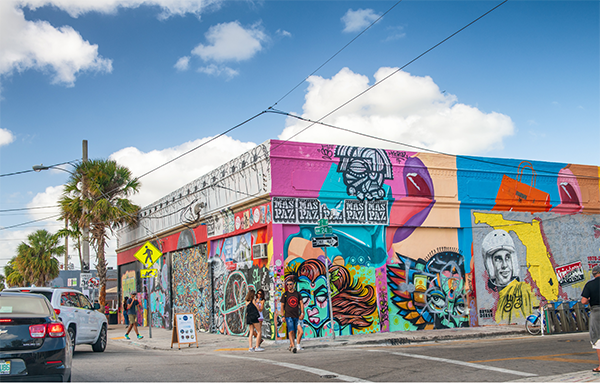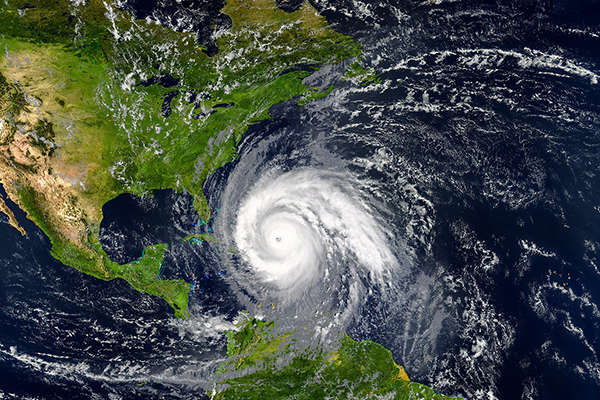Miami’s vibrant art scene this September, with exhibitions like Locust Projects’ algo·ritmos (2 tienes santo pero no eres babalo), The Bass Museum’s re-hung collection featuring Isaac Julien’s Vagabondia, and Sarah Crowner’s bronze sculptures, signals a cultural surge across neighborhoods like Downtown Miami, Little Haiti, and Miami Beach. Emerging venues like Queue Gallery and established institutions such as Frost Art Museum and NSU Art Museum are driving this momentum, showcasing innovative works that draw diverse audiences. These events are more than cultural highlights; they act as economic catalysts, boosting foot traffic and signaling potential commercial real estate (CRE) opportunities in areas experiencing artistic growth, much like Wynwood’s transformation into a global art hub.
The clustering of art exhibitions has direct implications for CRE, as galleries and museums increase neighborhood visibility and desirability, often leading to higher rents and premium pricing for retail and creative office spaces. Adaptive reuse properties—former warehouses or storefronts converted into flexible cultural hubs—are in high demand, requiring open floor plans, high ceilings, and robust infrastructure to accommodate galleries and pop-up events. Miami’s cultural anchors, like The Bass and Frost, generate steady visitor traffic that benefits nearby retail, cafés, and coworking spaces, stabilizing property values and enhancing mixed-use developments. Public arts funding and favorable zoning further support this synergy, encouraging developments that integrate cultural spaces.
However, the art-CRE relationship faces challenges, including galleries’ thin margins and potential displacement due to rising rents in trendy neighborhoods. Despite these risks, strategic lease structures and community partnerships can mitigate vacancies and zoning complexities. The influx of art-driven tourism fuels demand for short-term leasing of pop-up retail and event spaces, keeping properties dynamic and increasing long-term value. By tracking Miami’s art scene, CRE stakeholders can identify emerging hotspots, leveraging cultural vibrancy to unlock future investment opportunities and create lasting urban value.
References:
https://www.miaminewtimes.com/arts/the-best-miami-art-shows-to-see-in-september-2025-23884591



